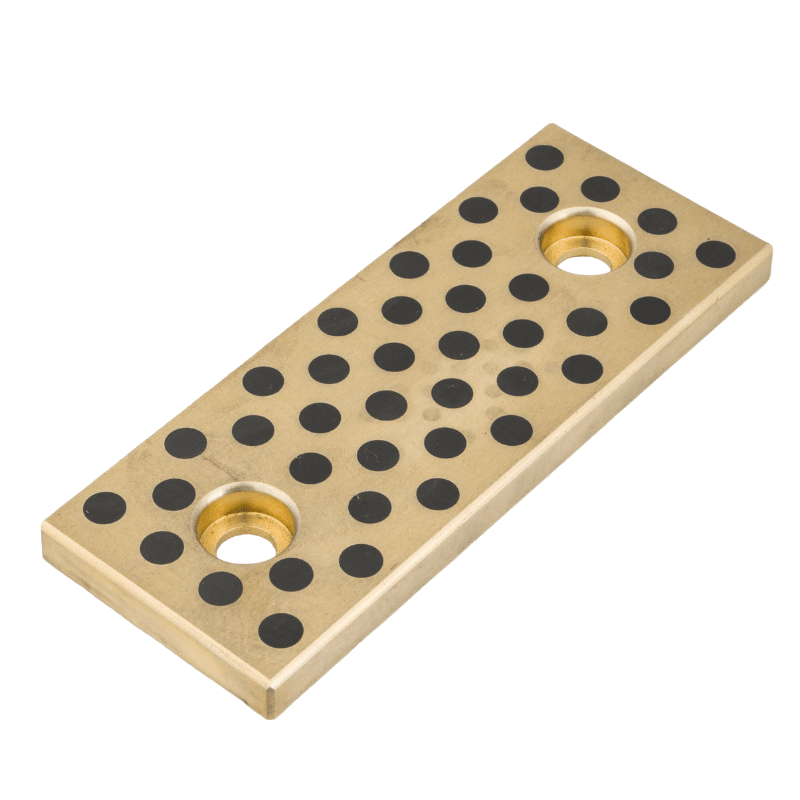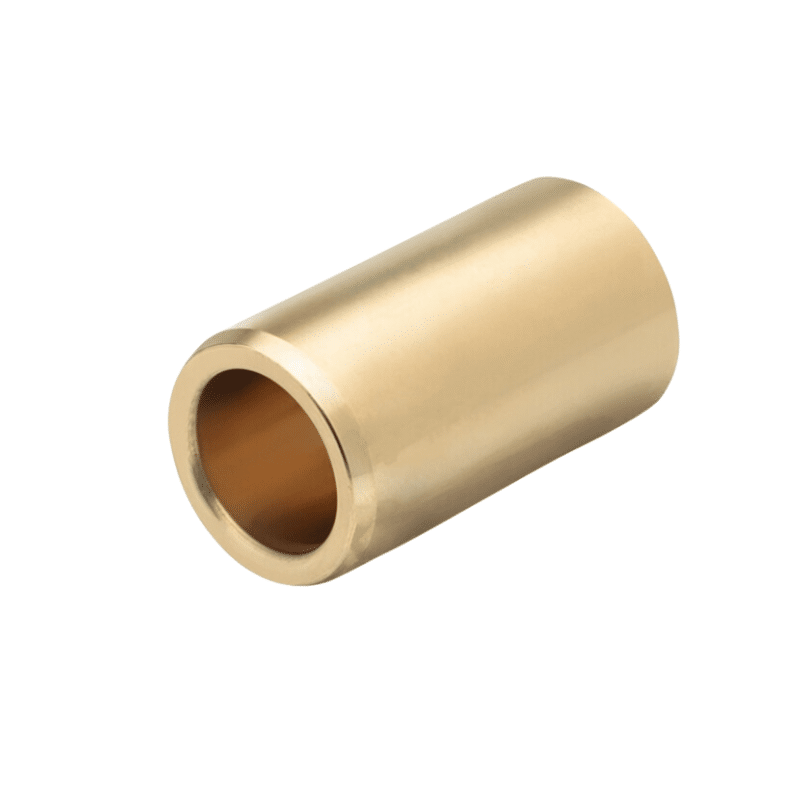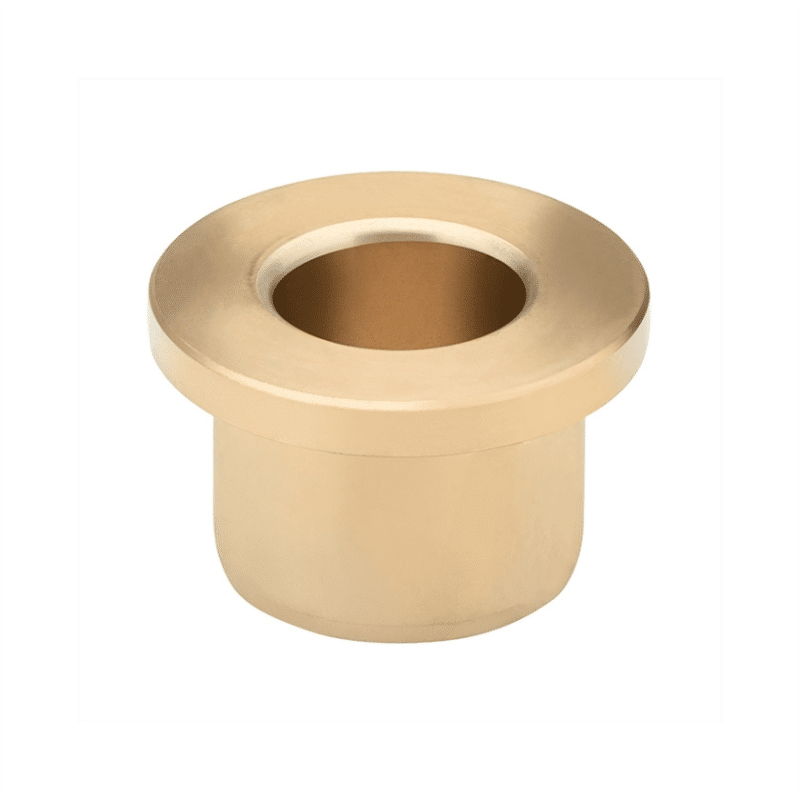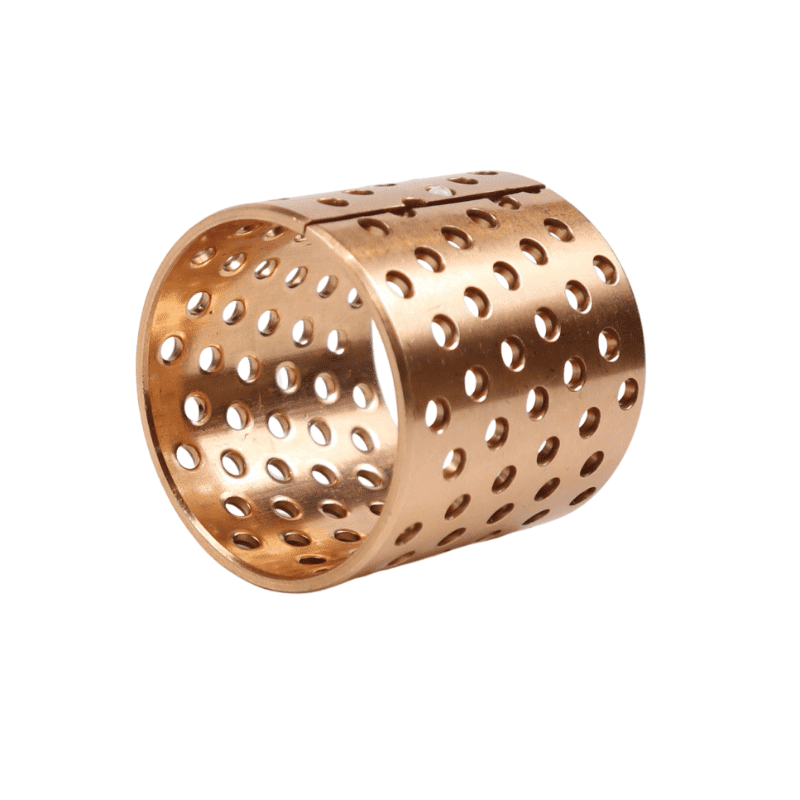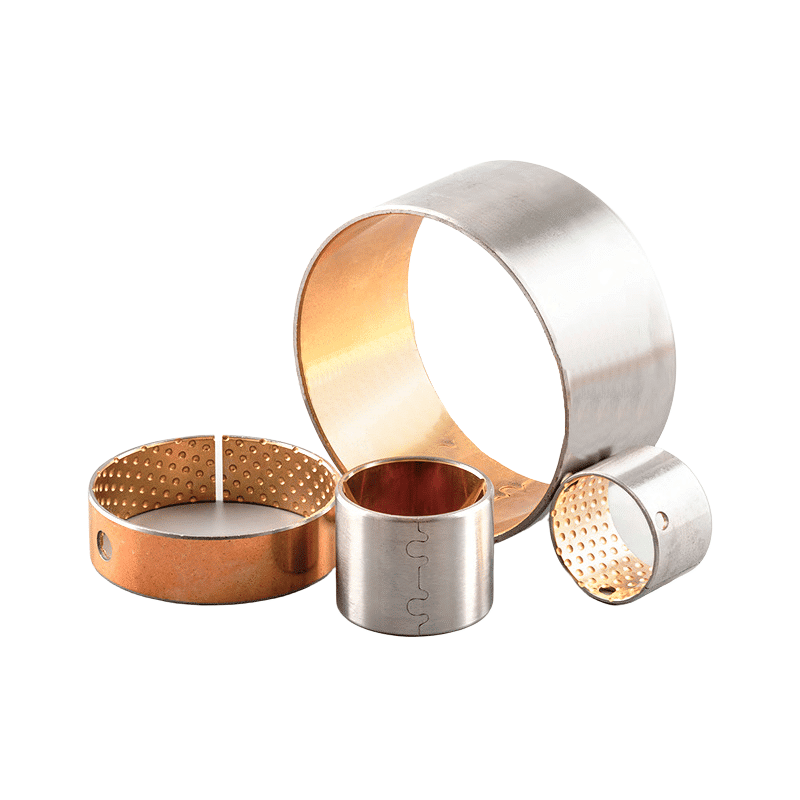ASTM B505
ASTM B505
Say goodbye to the hassle of frequent lubrication maintenance. Our self-lubricating technology ensures smooth operation and reduces wear and tear, extending the lifespan of your equipment. Experience uninterrupted productivity and cost savings as you bid farewell to the need for messy lubricants and time-consuming upkeep.
Manufacturing on Demand, alternative solutions
ASTM B505
ASTM B505 is the standard specification for copper alloy continuous castings, specifically focusing on C95400 aluminum bronze (C954) alloy.
ASTM B505 Bronze Parts, Standard Specification for Copper Alloy Continuous Castings
ASTM B505 outlines a standard specification set by ASTM International for the continuous casting of copper alloy products. This standard specifies the requirements for the production of rod, bar, tube, and various shapes made from copper alloys with defined nominal compositions. It encompasses a range of copper alloy materials, including leaded red brass and aluminum bronzes, identified by their Unified Numbering System (UNS) numbers, such as C83600, C83800, C84400, among others.
The continuous casting process, detailed within ASTM B505, involves the solidification of molten metal into a semi-finished form like billets, blooms, or slabs, which are then rolled into final shapes. This casting method is preferred for manufacturing rod, bar, tube, and shapes in copper alloys due to its enhanced yield, quality, and cost-effectiveness over traditional static casting techniques.
Among the copper alloys utilized for continuous castings that comply with ASTM B505, C95400 Aluminum Bronze is notable for its excellent yield and tensile strength, ductility, and resistance to wear and fatigue. Similarly, C86300 Manganese Bronze is utilized for its robustness, making it ideal for components such as bushings, bearings, gears, where high wear resistance and ability to withstand heavy loads are paramount.
The ASTM B505 standard facilitates the provision of custom-sized and shaped castings to accommodate specific needs across applications. When choosing materials and placing orders for parts, it’s crucial to assess the alloy’s characteristics, the intended use, and the manufacturing capabilities to ensure the end product meets the required performance standards.
ASTM B505 Bronze Parts CNC Bronze Bearing
ASTM B505 bronze bushings are specialized bearings crafted from a particular bronze alloy, stipulated by the ASTM B505 standard. These bushings are created from continuous bronze materials to guarantee a consistent structure, offering superior load bearing and wear resistance capabilities. Their unique properties make them highly sought after across various industrial sectors, significantly enhancing the efficiency of machinery.
The production of these bushings initiates with choosing the right bronze alloy, mainly comprising copper and tin, with possible inclusions of other elements like aluminum to improve the alloy’s overall characteristics. Additives such as phosphorus or arsenic may be incorporated to increase hardness, ductility, or machining ease.
These bushings can be tailored to precise dimensions and requirements, utilizing different bronze alloys such as C86300, C83600, C95500, C90500, and C83600. For instance, C95400 Aluminum Bronze bushings are offered in various forms including continuous cast, centrifugal cast, and wrought, among others. The C93200 alloy, also recognized as SAE 660 bearing bronze, is celebrated for its superior machining capabilities, robustness, and wear resistance, alongside its exceptional anti-friction features.
ASTM B505 bronze bushings find their applications in numerous areas, serving as crucial components in machinery like crane bearings, diesel engine wrist pin bushings, and hydraulic press main linings, to list a few.
When procuring custom-sized ASTM B505 bronze bushings, it is essential to consider the manufacturing company’s reputation, the specific attributes of their bushings, their pricing strategy, and the quality of customer service they offer.
Specification Overview for ASTM B505 Bronze Components
Objective: This specification defines the standards for continuous castings crafted from C95400 aluminum bronze alloy, ensuring consistent quality and performance.
Material Specifications: It delineates the specific attributes, measurements, and permissible variations for aluminum bronze alloy castings, ensuring they meet precise engineering requirements.
Usage Across Industries: These components are integral to sectors such as marine engineering, and are pivotal in the manufacturing of pumps and valve components, among others, due to their exceptional strength, resistance to corrosion, and durability against wear.
Standard Compliance: All products must align with the ASTM B505 criteria to guarantee their reliability and effectiveness in their respective applications.
Product Availability: C95400 aluminum bronze is accessible in a variety of shapes, including bars and castings, all conforming to the rigorous standards of ASTM B505.
Comparable Specifications: Similar to C95400, other bronze alloys, like C93200, are regulated under the ASTM B505 standards, ensuring a broad range of high-quality options for various applications.
We provide custom CNC machining services to create parts to specific sizes and specifications. When ordering custom-sized parts, it is important to consider the manufacturer’s capabilities, the specific properties of the bronze alloy, and the intended application of the part to ensure optimal performance and longevity.
Your expert in self-lubricating Bearing
and Bronze alloys – serving globally
Brand replacement products and functionally equivalent parts, alternative solutions
Manufactures flange bronze bearings, service & maintenance companies to meet the exacting specifications required in a wide range of industrial applications.
Machined bronze bushing that meet the exacting requirements & specifications supplied by our clients. Spherical bearings, spindles, semi-spheres and supports that we have manufactured.
You will find to follow a selection of self lubricating bronze bearing material CuSn7Zn4Pb7, CuSn12, CuAl10Fe5Ni5,
CuZn25Al5Mn4Fe3
Alternative solution,We offer an outsourced machining service for bronze bushes, manufacturing precise parts to the designs supplied to us by our clients.
Selection of other composite bushing material of self lubricating bearing that we have manufactured.
Wrapped Bronze Sleeve Bearing, Are you interested in our products?
Manufacturer of bimetal and steel bronze bushing parts according to client’s drawing.

